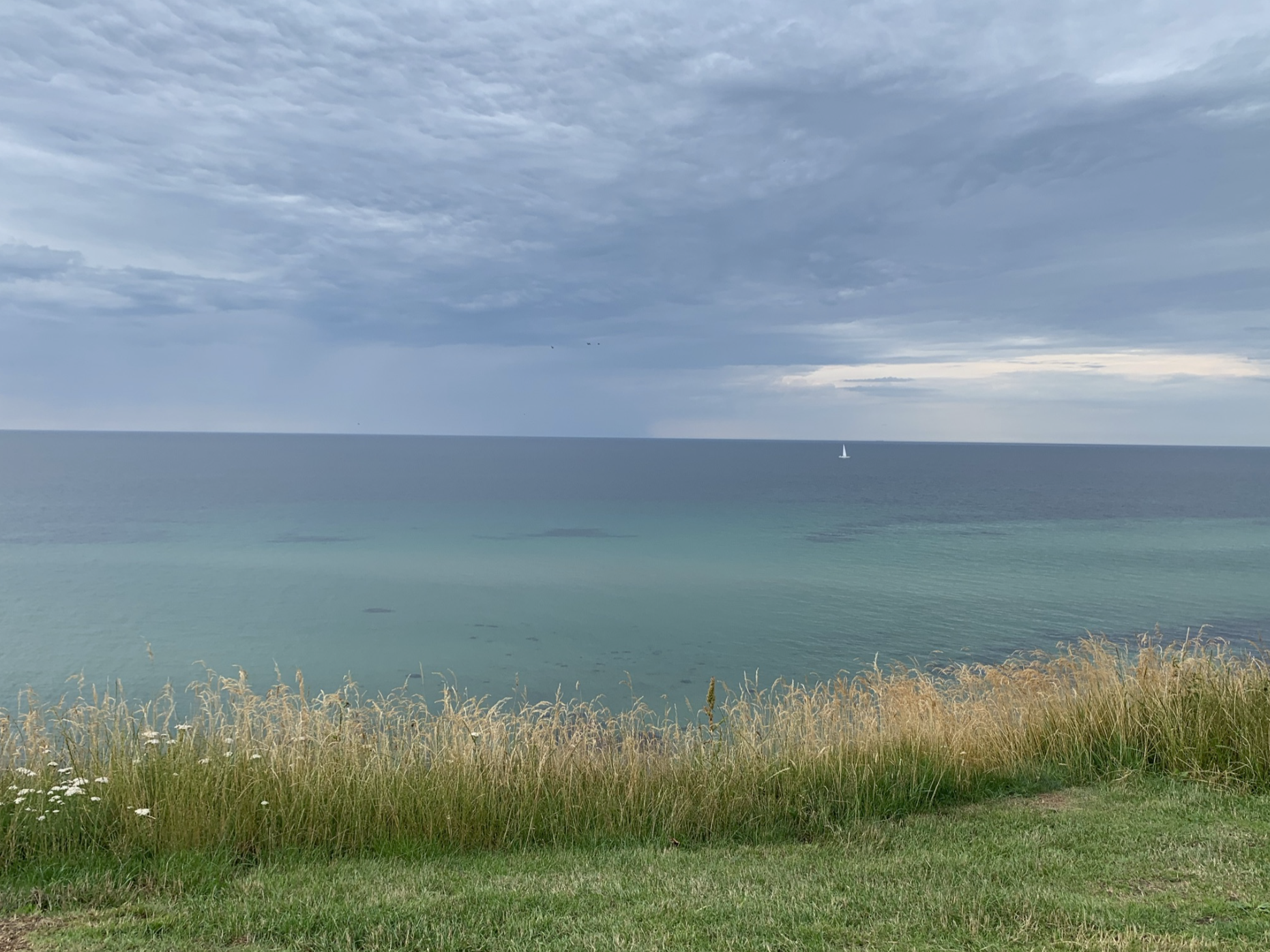With a few easy steps you can improve your sleep and feel more alert by limiting your exposure to blue light.
“Personally, I don’t think everyone has grasped the negative effect that blue light can have on sleep. Through learning about how this works, you can turn it into something positive: support your biological rhythm instead of undermining it.”
Do you find it hard to sleep at night? You aren’t alone! The incidence of sleep disorders has risen so much that it has become a threat to our health. The WHO now refers to this as an epidemic. The most common problem is trouble getting to sleep, known as insomnia. Sleep disorders and difficulty sleeping can have various underlying causes. One of them is exposure to light, particularly blue light, just when the body is beginning to prepare for sleep. With a few easy changes you can reduce the negative effects, get off to sleep more easily and feel more alert during the day. Those closest to me know that this is why I always dim the lights down to a cosy half-glow in the evenings, and that I never have electronics that light up the bedroom at night.
How does blue light affect our brains?
The so-called circadian rhythm is one of our bodies’ biological rhythms. It works like an internal clock, controlling when we sleep and when we wake with the help of the sleep hormone melatonin. Melatonin, which also works as an important antioxidant, is produced by the pineal gland in the brain through a process controlled by the light that enters our eyes. In the retina there are receptors that signal to the brain whether it is day or night. On this basis, this rhythm is strengthened or weakened by our exposure to light. As we get older, this rhythm naturally deteriorates through ageing. A high secretion of melatonin means that we become tired and relaxed, whereas a low secretion makes our brains alert, awake and more focused. It has been proven that the brain is extra sensitive to blue light, the shortwave daylight from the sun. In the past, when people lived in closer harmony with the rhythm of nature and followed the rising and setting of the sun, their exposure to blue light would peak early on in the day and decrease gradually over the afternoon and evening. It has been shown that when we are exposed to blue light in the morning, our secretion of melatonin decreases and we feel more awake and alert, our responsiveness increases and our mood improves. This also means that our secretion of melatonin rises later in the evening when it gets dark, and this improves our sleep. It is on the basis of this wisdom that a morning walk is often recommended to people with difficulties sleeping, but this is naturally something that makes a positive difference for everyone by improving the biological rhythm.
Electronics, LED lights and your health
Our sleep has been affected negatively owing to the steadily rising use of electronics such as televisions, tablets, smartphones and computers, not least in the evenings, as well as our increasing use of LED lights for environmental reasons. Studies have shown that this type of light noticeably decreases our release of melatonin. It is not just how strong the light is that affects us, but how long we are exposed to it. In today’s world, artificial light has become a part of life, with street lights and brightly lit shop windows at night. Waking up tired and not feeling well-rested is one aspect of inadequate sleep; the other aspect is the increased risk of eventual death from various illnesses linked with poor sleep, including diabetes, heart disease, cancer, dementia, depression and obesity.
Sleep problems are not just an issue for adults: sleep disorders amongst children have become increasingly noticeable. As children’s brains are more vulnerable and develop rapidly, sleep plays an important role and therefore it is important to build healthy sleeping patterns early in life. Since much of children’s social life now happens over digital media, this can become a challenge. This is a much-discussed topic in my family!
“Through small, healthy habits, we can optimise our sleep and increase the chances of a good night’s sleep and its positive effects on our health.”
Easy ways to reduce blue light and boost your release of melatonin:
Leave yourself time to check out from digital media. It’s up to you how early you do this, but if you have any type of sleep disorder you can start by winding down your use of technology two to three hours before bed and seeing how this goes. For some, one hour before bed is enough. Additionally put your devices in night shift/ mode.
Make it a habit to have gentle lights on in the evening, and switch to dimmable bulbs. Remember that bathroom lights can often emit strong blue light and contribute to poor sleep.
If you enjoy reading at night, invest in a reading lamp with warm light and not blue.
Sleep in the dark, preferably with black-out curtains. Be wary of lamps in the bedroom with blue light, which can disturb sleep. This applies even to children: if they’re scared of the dark, see if you can come up with an alternative to leaving the light on. If your hotel room hasn’t got blackout curtains when you travel, an eye-mask can be a good solution. Studies have shown that melatonin levels can be up to 85% reduced if the light is left on overnight.
Avoid wearing dark sunglasses early on in the day so that the light reaches your eyes.
Try to get blue light naturally in the morning, especially in the darker months, as this can also help you to feel more fresh and awake during the day.
My advice:
Optimising your sleep is a good investment for both bodily and mental health, and one of the foundations of a holistic healthy lifestyle. A simple way is to try to be aware of these small habits, which can boost your release of the important hormone melatonin and in this way improve your night’s sleep. This can eventually minimise your risk of many different diseases and health complications. Additionally, you will also feel more alert during the day!



